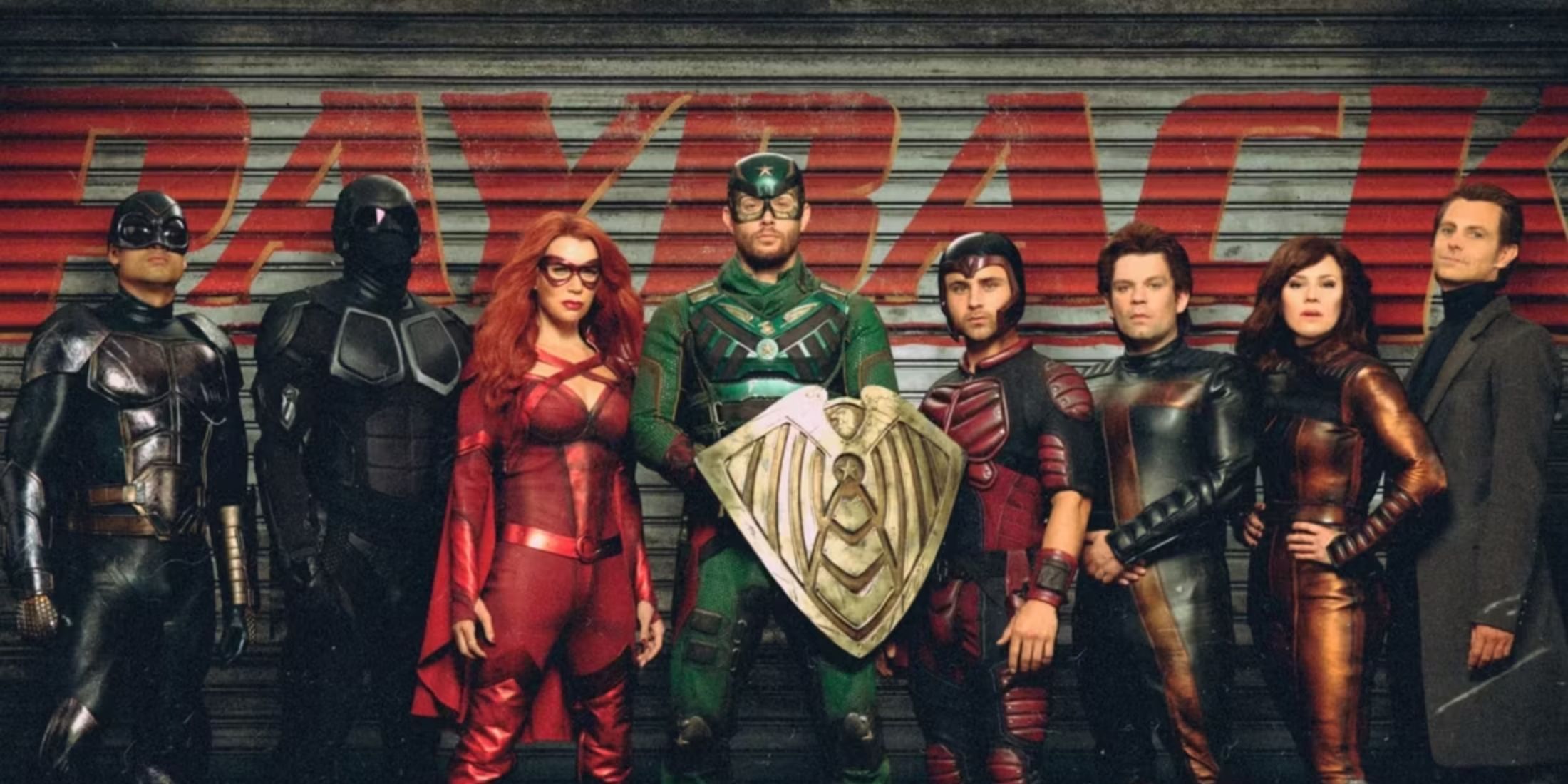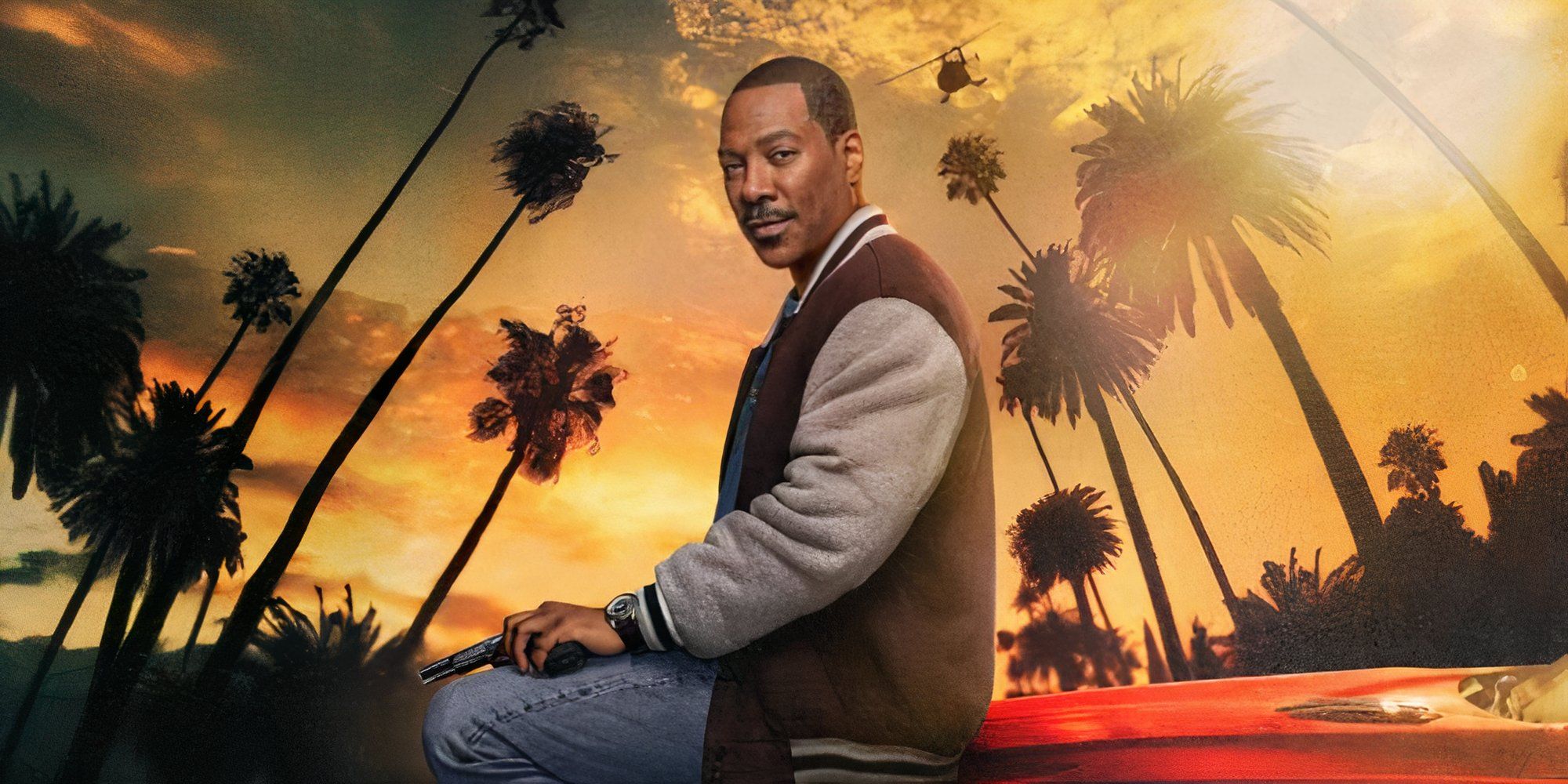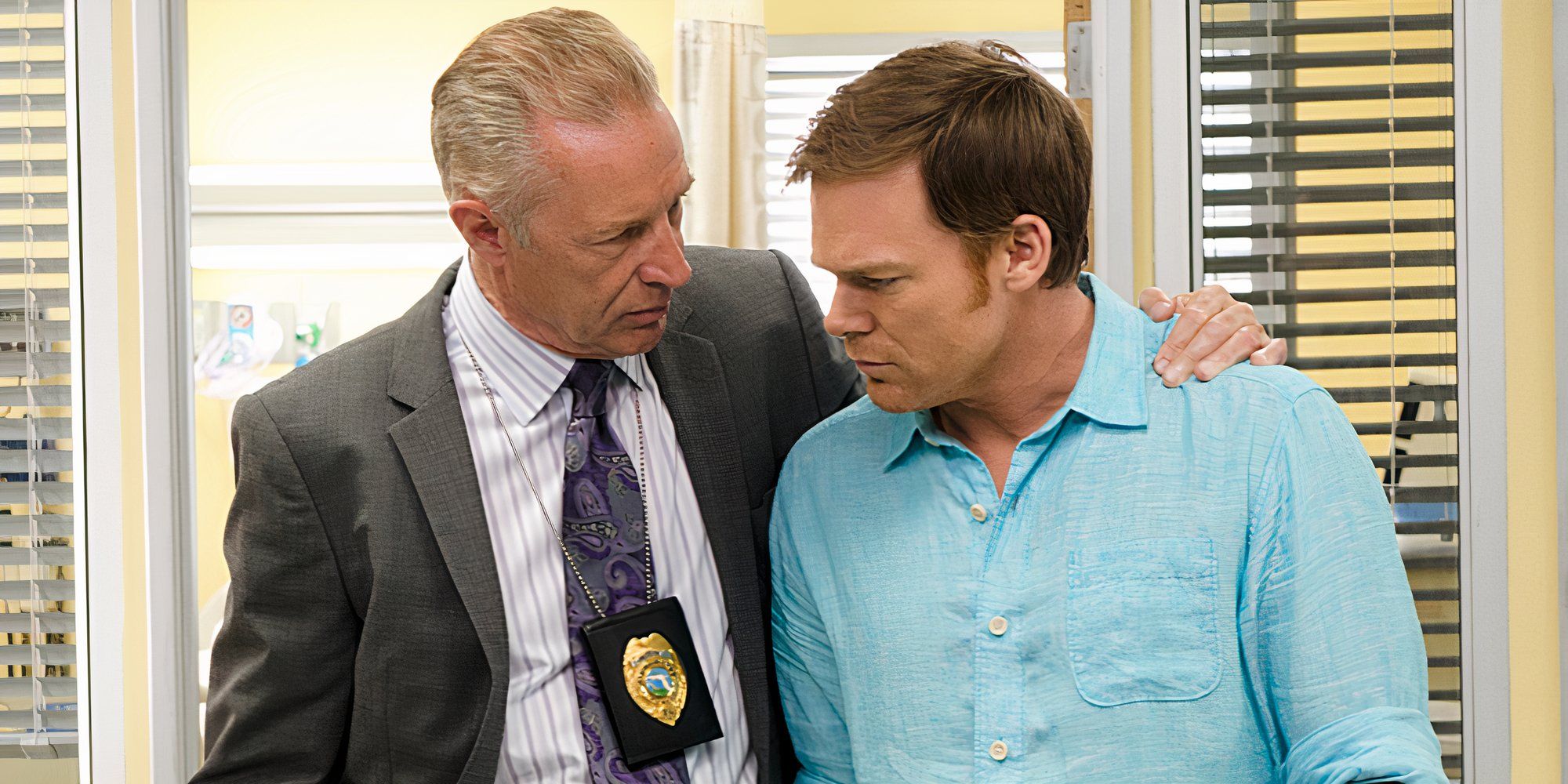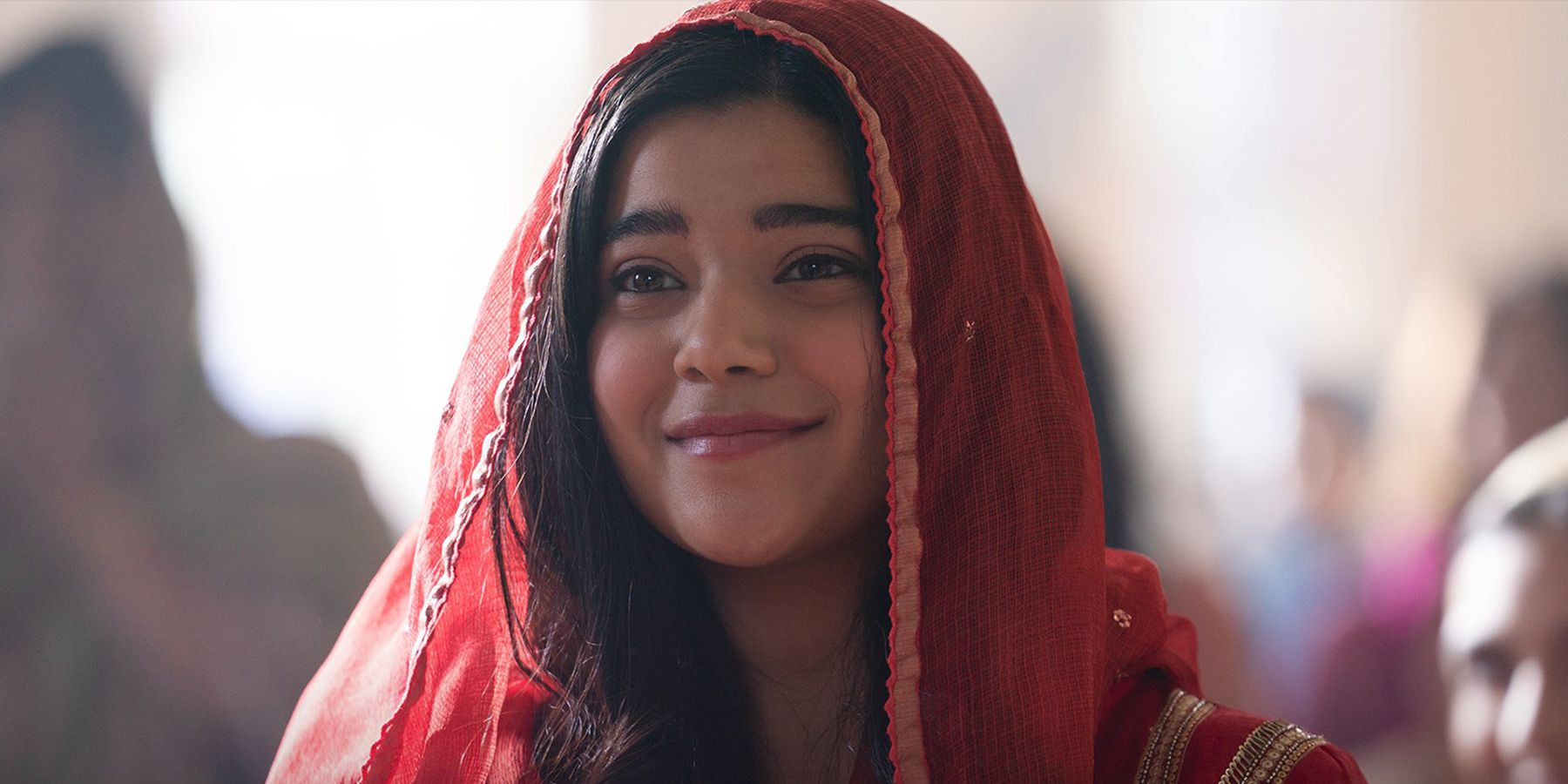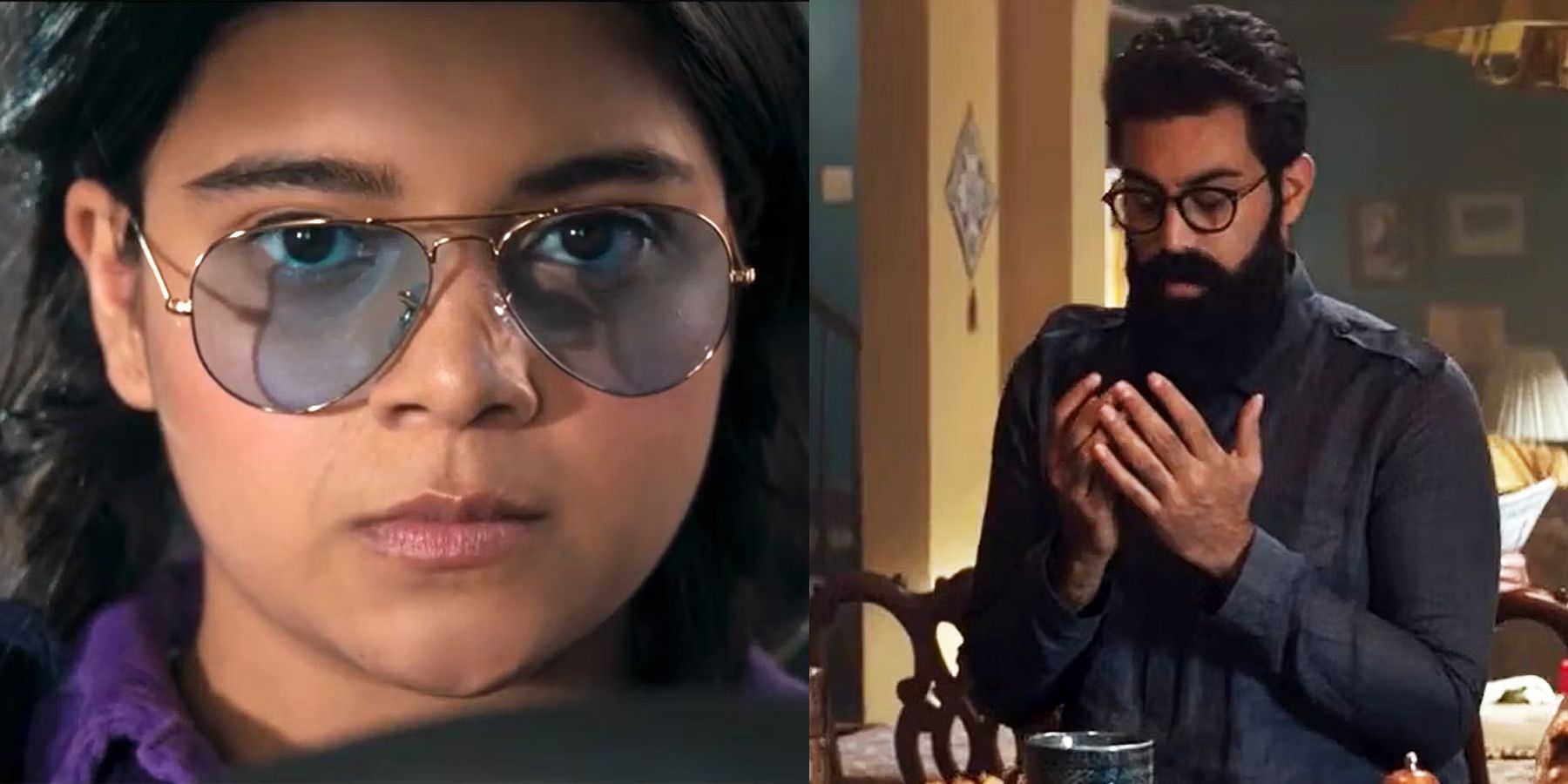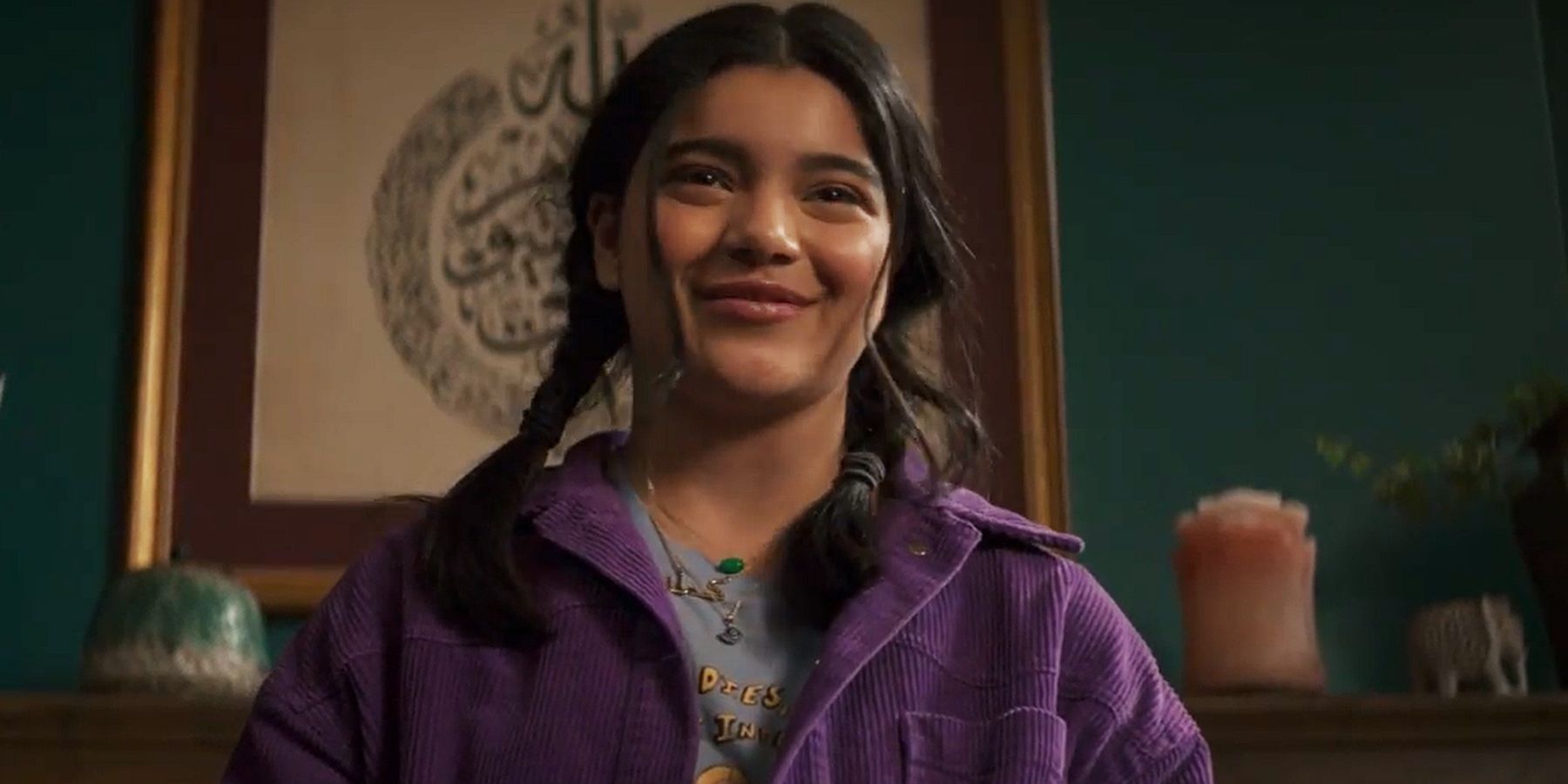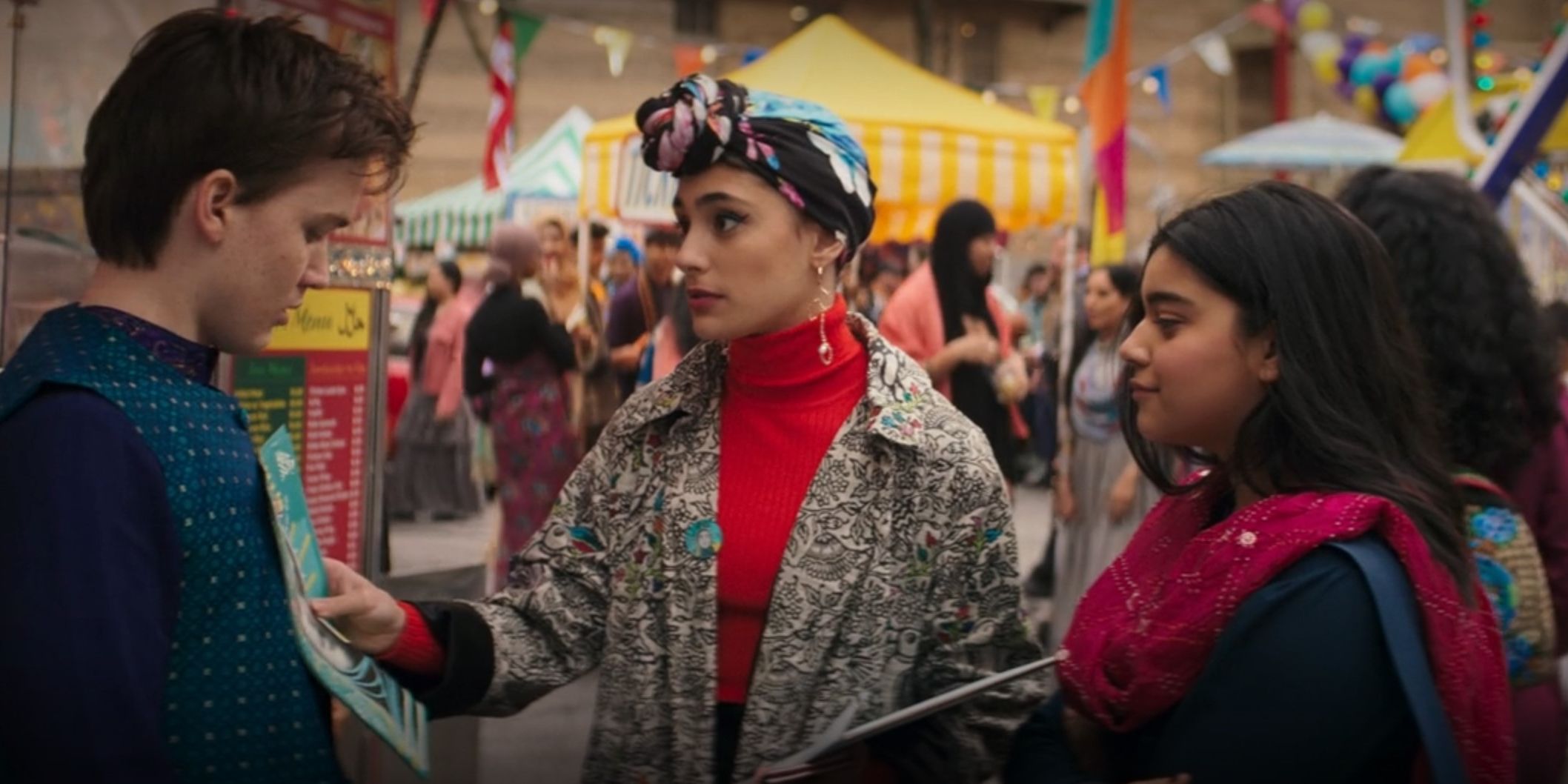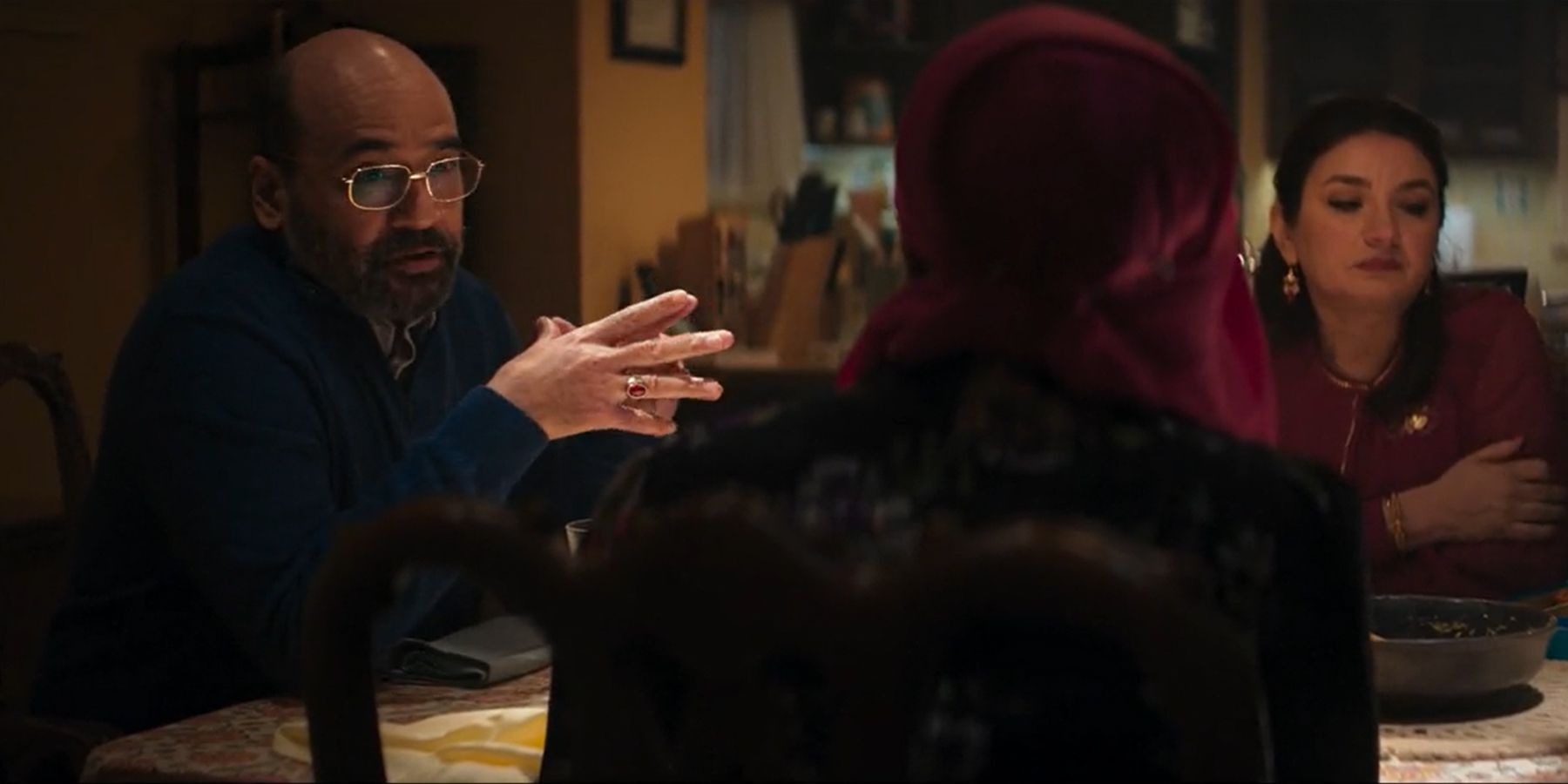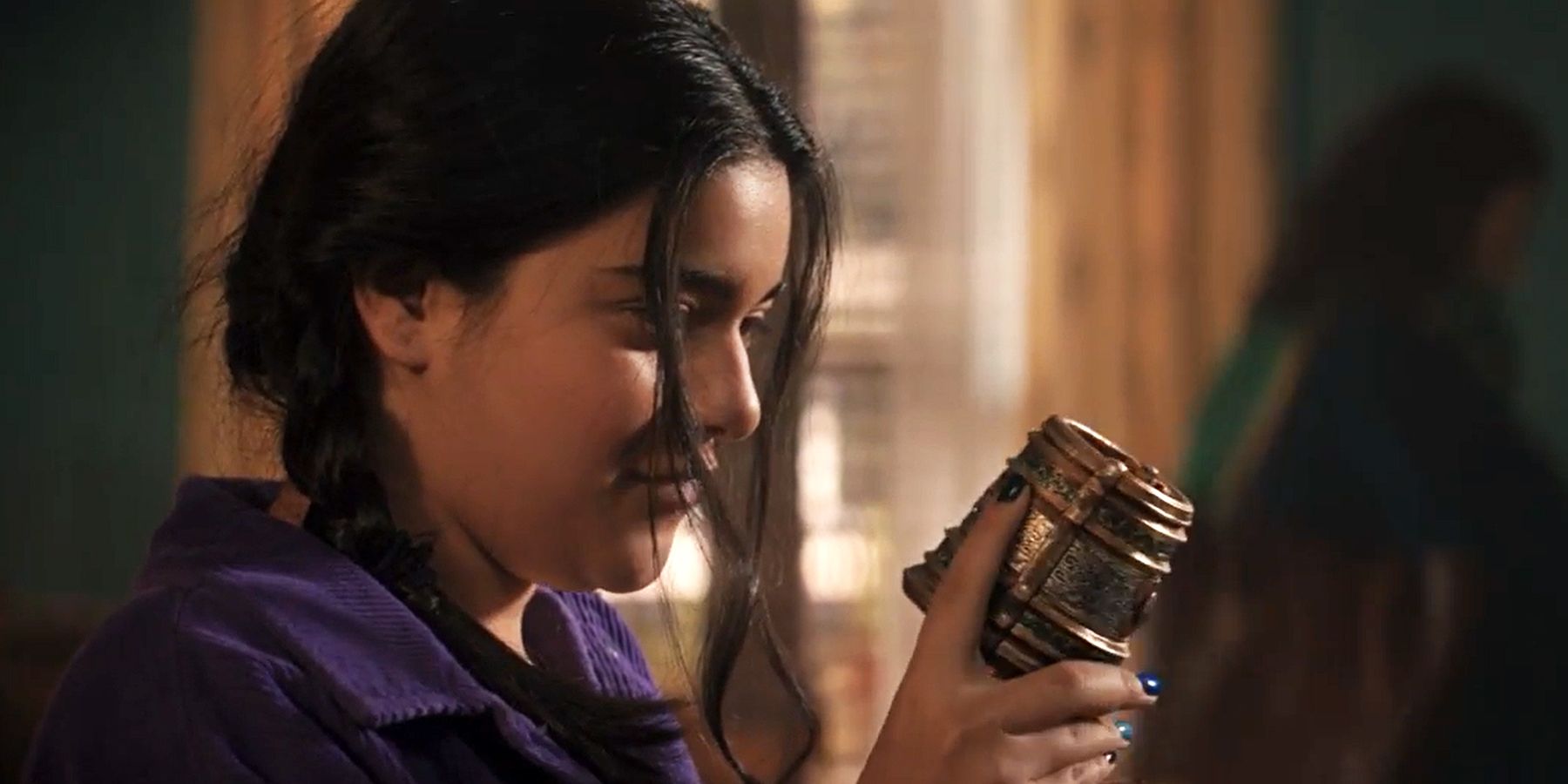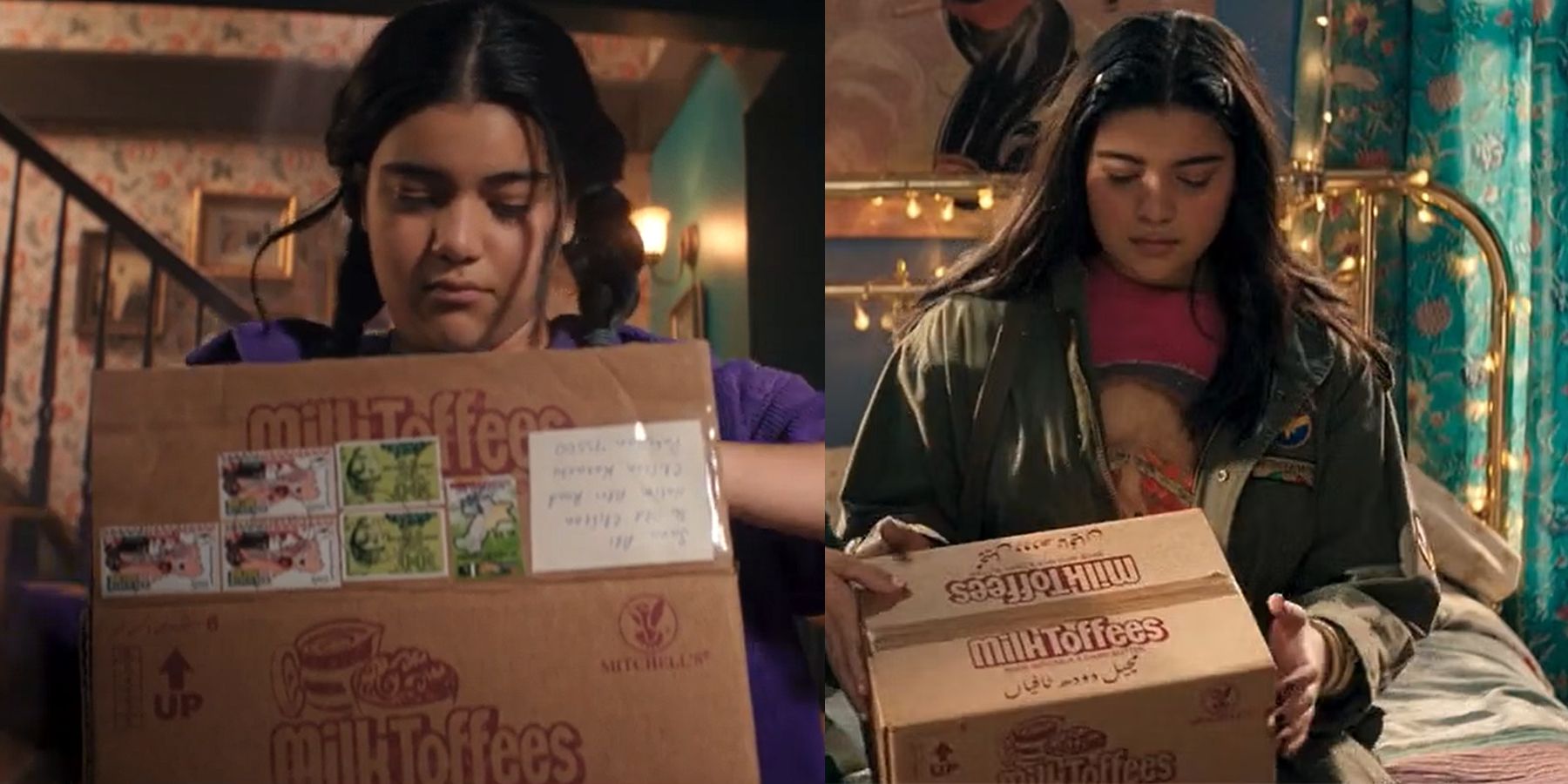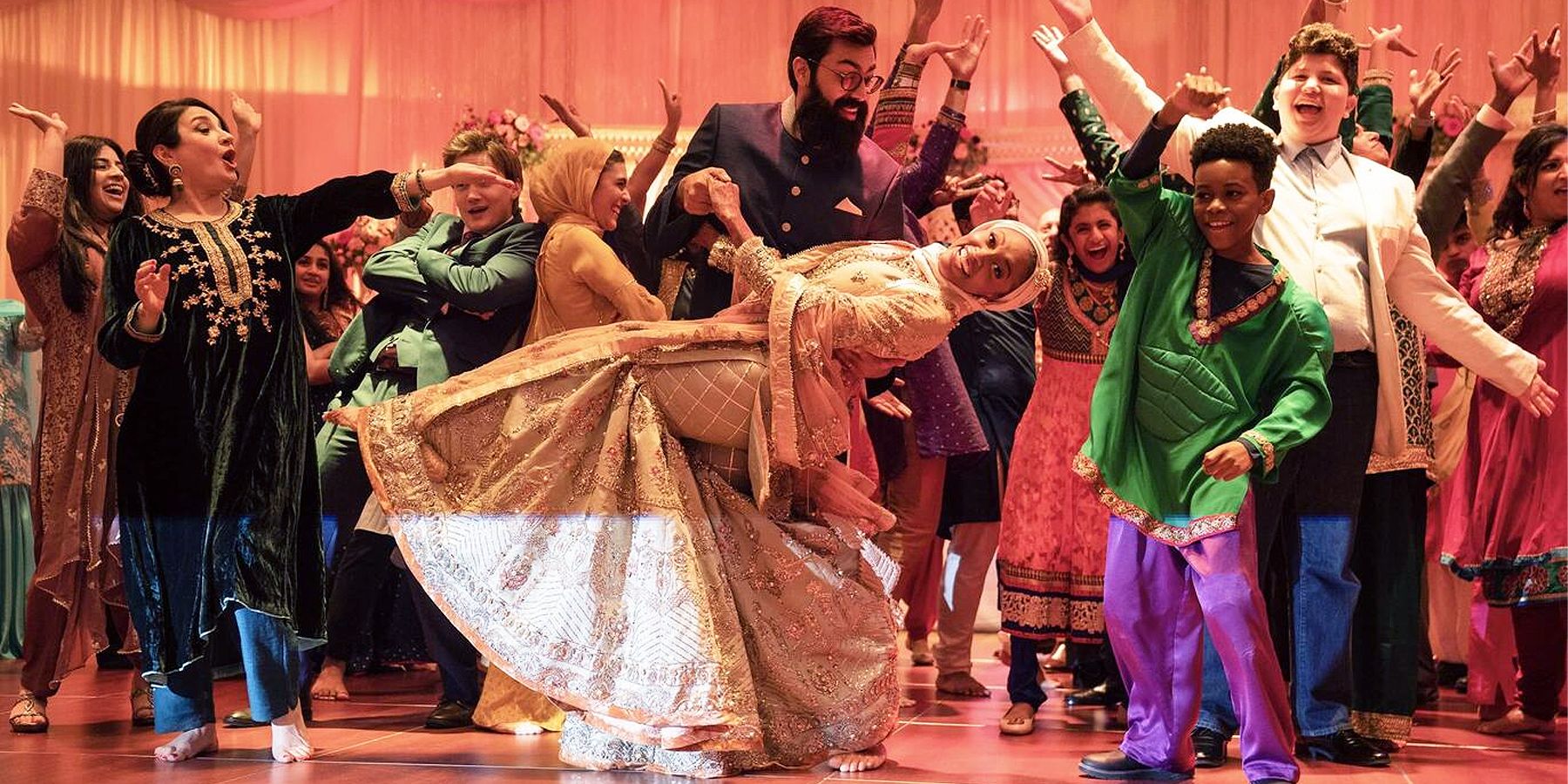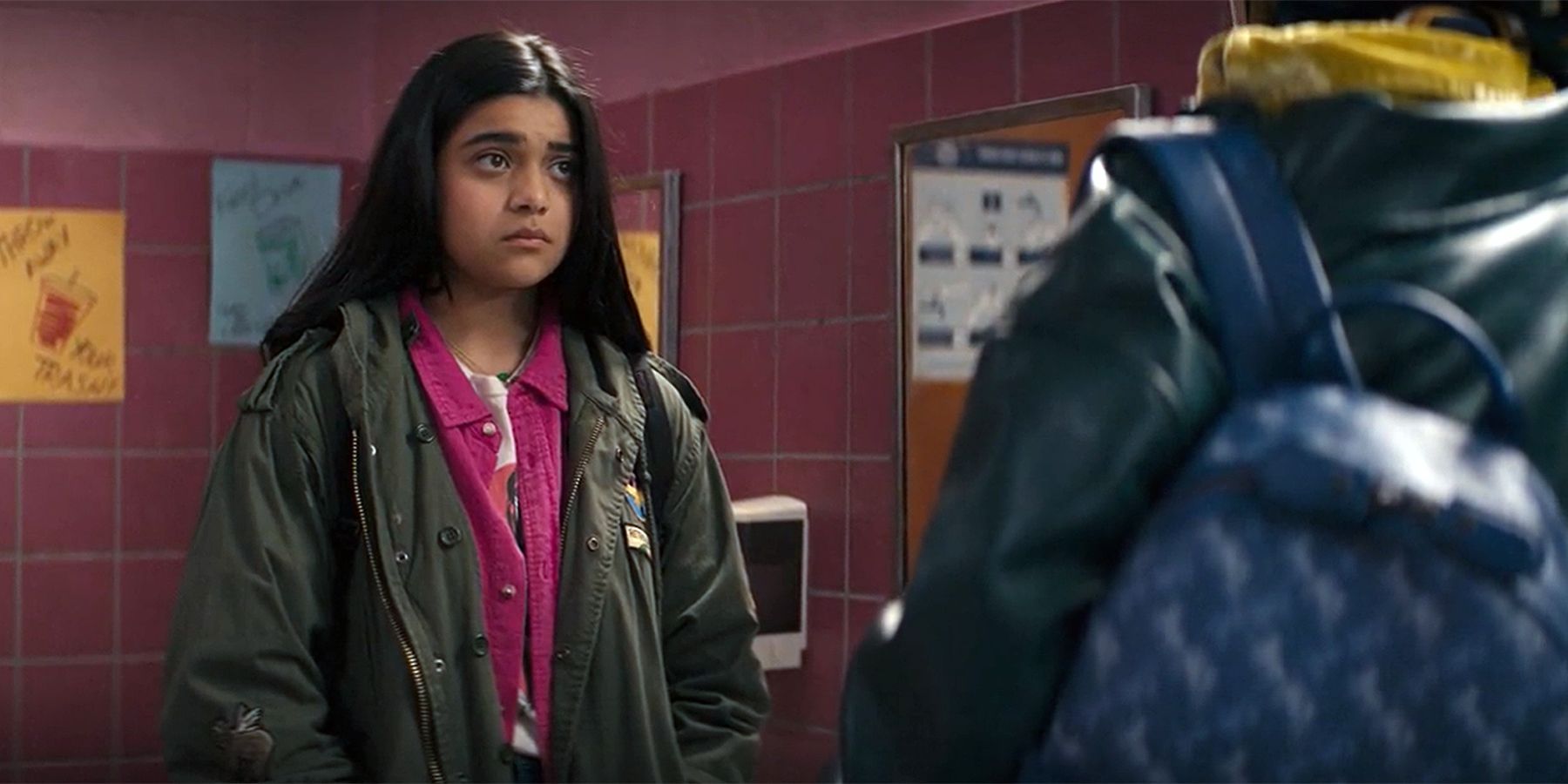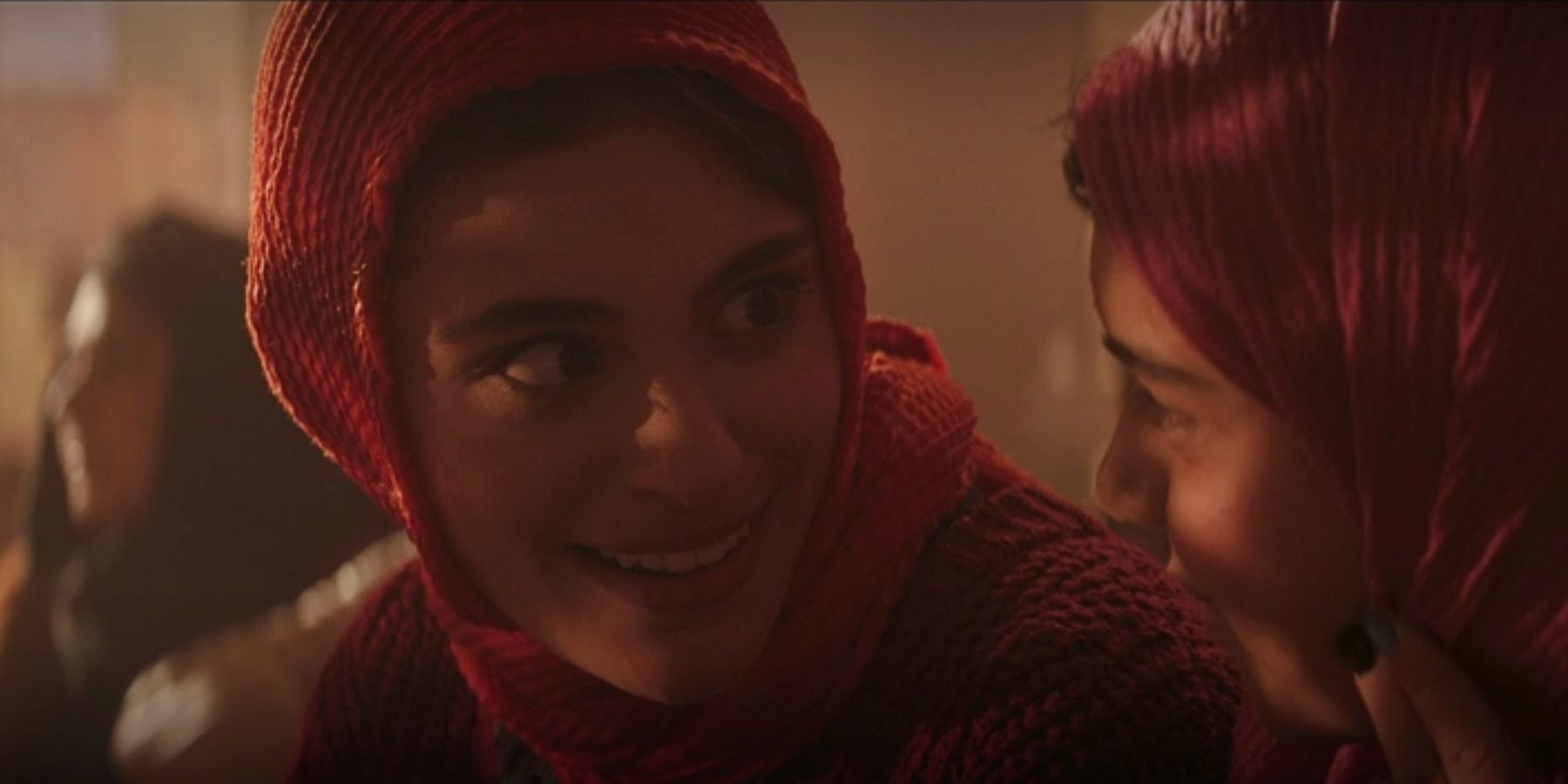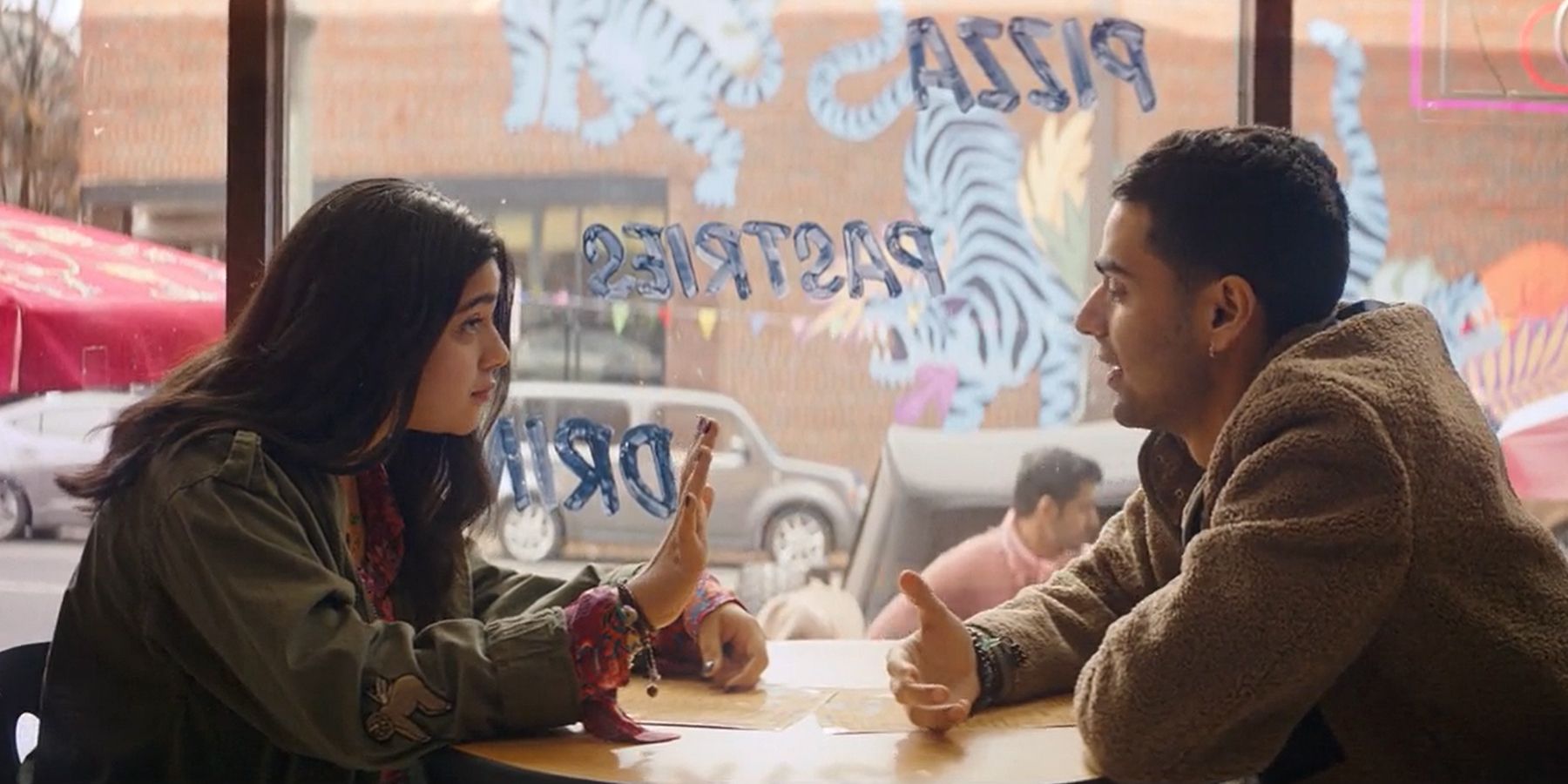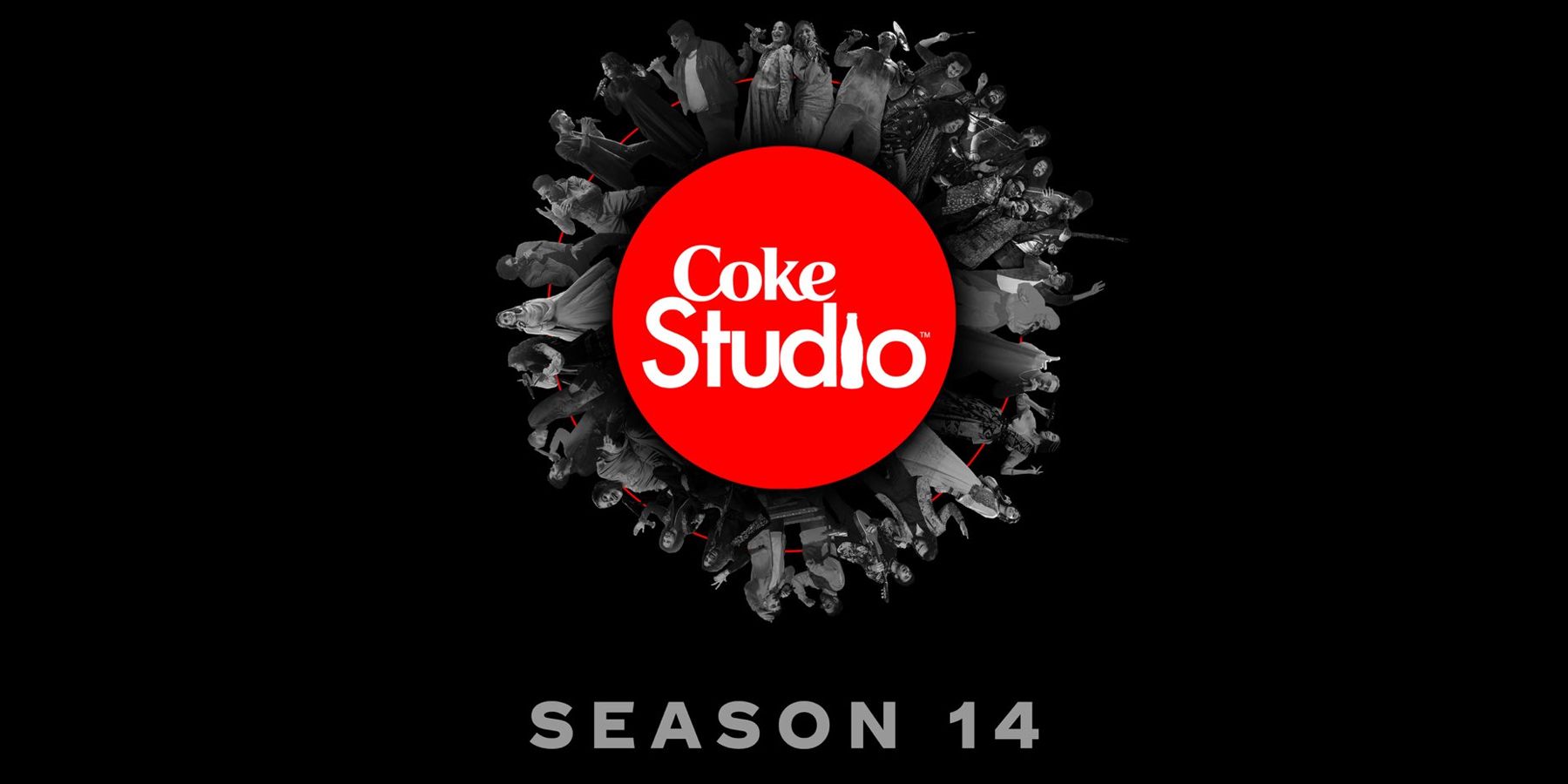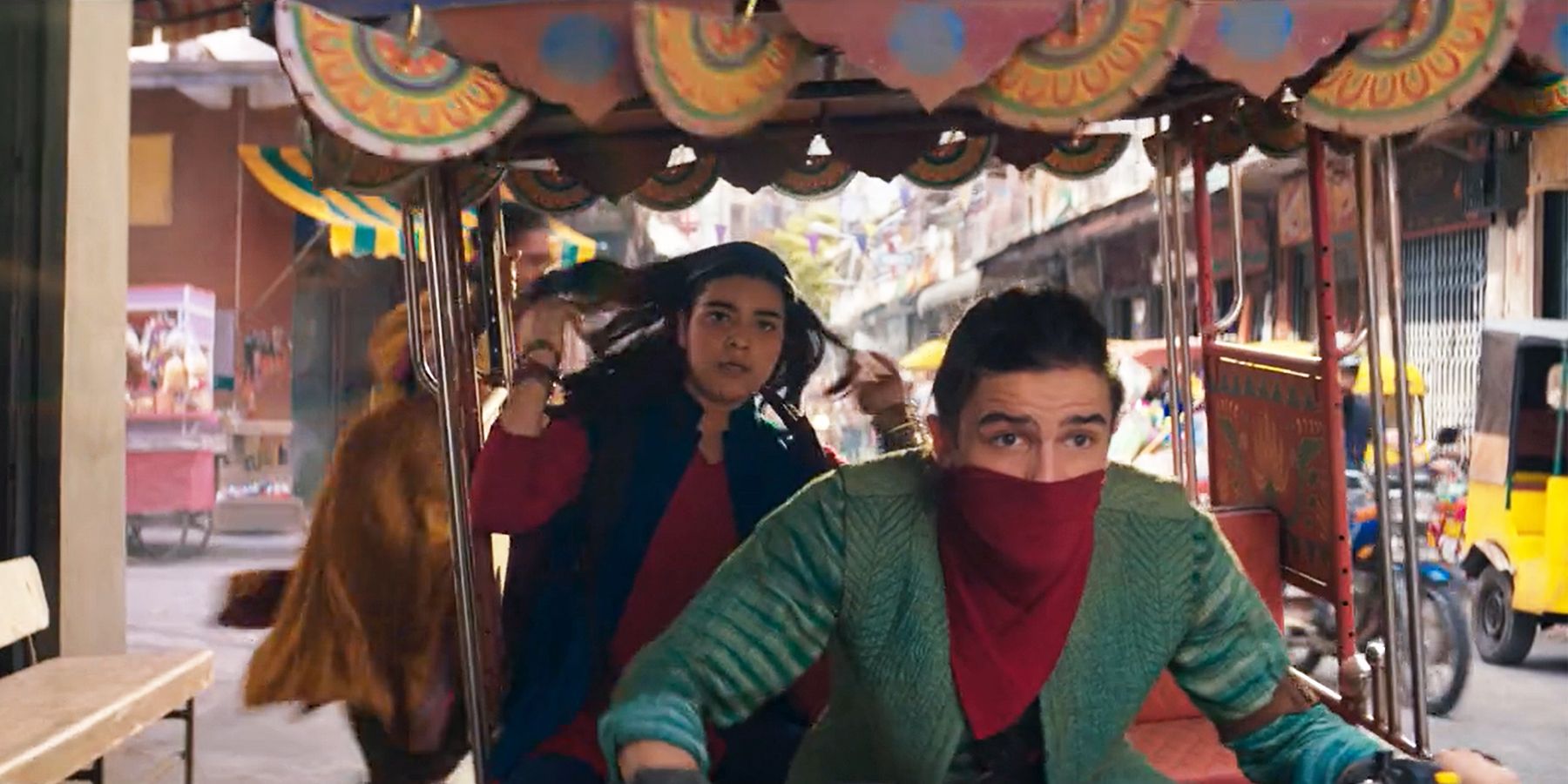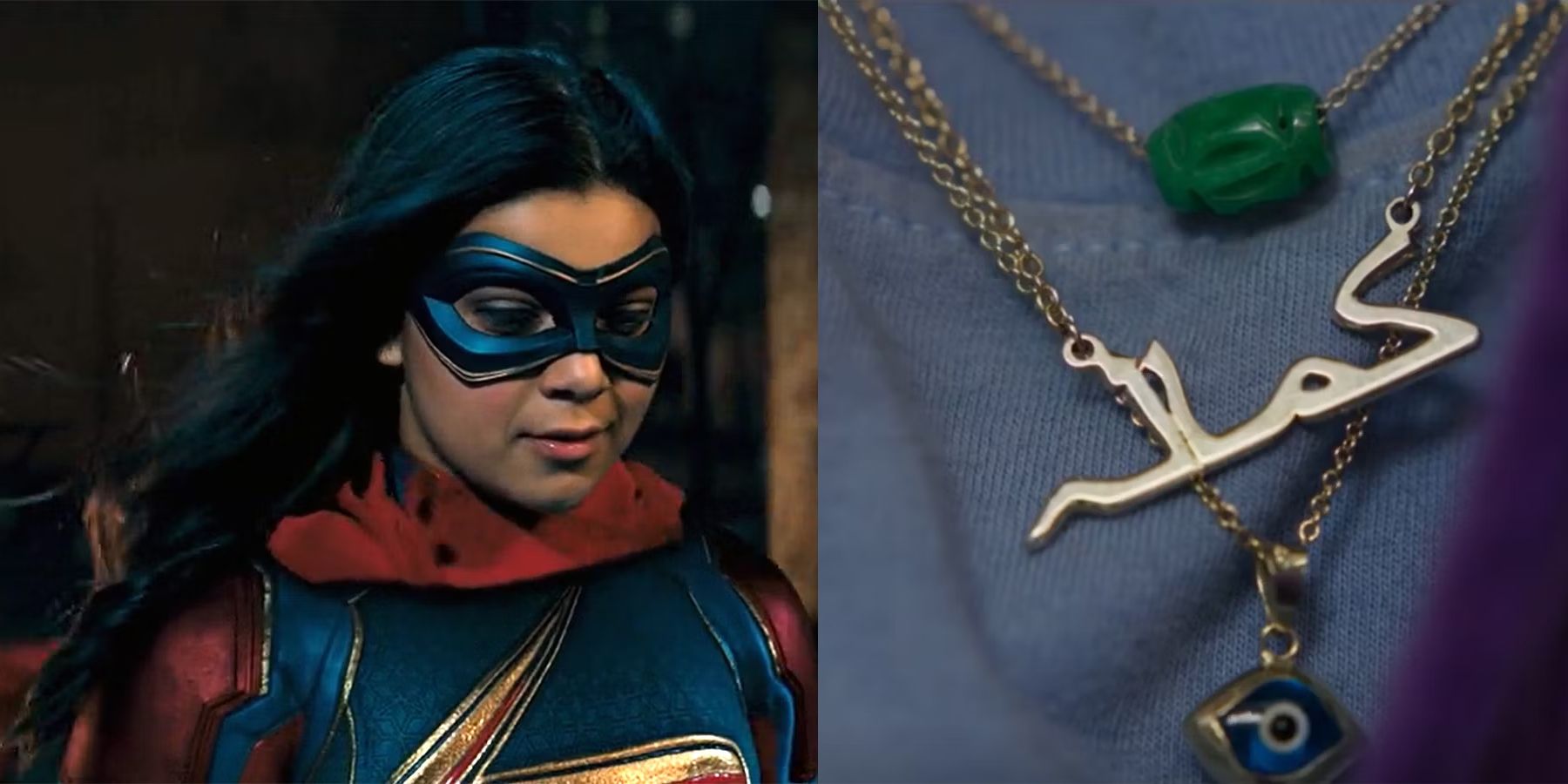In its six-week run, Ms. Marvel officially introduced the first female South Asian and Muslim superhero to the Marvel Cinematic Universe. From the get-go, the series placed a lot of importance on the protagonist’s religious and cultural background, similar to the comics, and a lot of references were added to the plot and dialogues to make things more realistic. Some of them were so accurate that they made the situation that much funnier and relatable for certain audience members.
Ms. Marvel was at its core a coming-of-age story about a teenager growing up in New Jersey who discovers that she has superpowers. It just so happens that her family originally hails from Pakistan and practices Islam. Even though they live in North America, the family still holds on to its cultural and religious practices. The series was able to capture the essence of an immigrant family and household beautifully. These references could have been lost on some viewers, considering they couldn’t relate to or even understand some of them, but they were highly appreciated by fans of a similar demographic as Iman Vellani’s Kamala Khan.
Culture and religion play a huge role in Kamala’s life in the comics, and it was necessary for the Disney Plus series to adapt that. Within the first few minutes of Episode 1 of Ms. Marvel, it became obvious that the series would not shy away from doing so. Kamala refers to her parents as “ammi” and “abbu,” literally translated to mother and father, and all the adults in the family use the term “baita,” or my child, as a term of endearment. While the series was a treasure trove of cultural and religious references, it would be a rather long piece to highlight every one of them. Here’s a look at some of the most accurate and hilarious ones.
Saying “Bismillah” before any task
In Episode 1 of Ms. Marvel, Kamala is seen preparing for her driving test. Her parents give her tips on how to pass, and her brother Aamir advises her to “say bismillah before starting the car.” The term literally means “in the name of Allah,” and is used by Muslims before performing many tasks. Kamala laughs over Aamir’s statement, but is later seen uttering the term as she turns the key in the ignition.
Sibling rivalry
Ms. Marvel touches upon a nuance that would go unnoticed by many. For the longest time, South Asian countries were considered to be a patriarchal society. While things have improved over the years, the gender gap in employment and society is rather large, and many still believe that a woman’s status is that of a homemaker. When Kamala asks for permission to visit AvengerCon, her parents refuse. The teenager then points out that if her brother had asked, the parents would have agreed. This is a comment on the gender disparity, and how men have more freedom to move around. Aamir then negotiating on Kamala’s behalf also hits home as a relatable scenario.
Eid cliques and “The IlluminAunties”
Kamala celebrates Eid in Episode 2 of Ms. Marvel, and the family and friends are seen at a festive market. Nakia Bahadir finds this as the perfect opportunity to present herself as a candidate for the mosque board. She enlists Kamala and Bruno Lintz to help her convince the crowd to vote for her. She breaks down the different groups at the market, and these cliques are the embodiment of the stereotypes of the type of people at an Eid party, which makes the scene absolutely hilarious. On top of the social pyramid are “The IlluminAunties,” a group of older women who “know everything.”
The 1947 partition of India
Ms. Marvelhighlighted the 1947 partition of India, an extremely political topic that fans didn’t expect to see being discussed in an MCU project. The references made to the incidents surrounding the partition are accurate, and Aamir’s comment on “every Pakistani family having a partition story” stands true till this date for both sides of the border.
Grandmother sending jewelry for the wedding
When two individuals get married, they receive a lot of gifts. But, Ms. Marvel highlighted an important South Asian tradition of ancestral jewelry being passed on generations. Samina Ahmed’s Nani is unable to attend her grandson’s wedding, but she sends a package for him all the way from Pakistan. The package contains pieces of jewelry, including the magical bangle. Both Kamala and her mother Muneeba refer to it as “junk,” but it’s important to the grandmother.
Candy boxes being reused as packaging
Kamala’s grandmother sends jewelry from Pakistan in a Milk Toffees box. Muneeba later uses a similar box to carry Kamala’s superhero costume from Pakistan to their home in New Jersey. When in Karachi, Muneeba is heard complaining about all the candy boxes lying around her mother’s home. This candy is almost like a cultural tradition in many Pakistani households, and will resonate with many audience members from the region. Including it in Ms. Marvel is almost like a cultural Easter egg.
Aamir and Tyesha’s wedding
Ms. Marvel has a cultural spin on Aamir and Tyesha’s wedding celebrations. The bride, groom, and guests are decked out in culturally appropriate outfits, and participate in dance sequences set to popular songs from Bollywood, the Indian film industry. Prior to the wedding, Kamala and Muneeba are seen spending hours shopping, while Ahmed Rushdi’s extremely popular song “Ko Ko Korina” plays in the background. The song was originally created in 1966, and is always included at Pakistani weddings.
Third culture children
There are several moments in Ms. Marvel where the youngsters feel like misfits. Kamala is growing up in a North American society, but at home, her family follows Pakistani traditions. Her culture and religion sets her apart from her friends and classmates. What’s worse is that she stands out even when visiting her so-called home country. Her cousins refer to her as “ABCD,” which stands for “American Born Confused Desi.” It is derogatory in nature, as it refers to South Asians who are disjointed from their own culture having been born and raised in North America. Nakia is in a similar situation of being a third culture child, and talks about spending many years of her life just trying to fit in. This scenario is extremely relatable to anyone who has migrated at any point in their lives.
Relationship with religion and community through the mosque
The scenes in the mosque are very important to Kamala’s story. Muneeba reveals that when she first moved to the US, she felt completely lost. She felt most at home when at the mosque, and it is her family and friendships made there that helped her along the way. She has passed on this tradition of praying at the mosque to her children. This stands true for many Muslims who migrate to North America, as the traditions in the countries are not in line with theirs. The moments that were hilariously accurate, however, were when Kamala and Nakia are seen dashing to the mosque to make it in time for prayer. When the two sit down to perform wudhu, or ablution, one of the taps doesn’t work. Later, the two comment on how the women’s side of the mosque is always ignored, and they are barely able to hear the Sheikh’s sermon.
Bollywood and “DDLJ”
When Kamala first meets Kamran, the two have a conversation about Shah Rukh Khan, a leading actor in Bollywood. The two connect over the actor’s films, and refer to “DDLJ” being the best movie ever. Khan has ruled the Indian film industry for many years, and his 1995 romantic film Dilwale Dulhania Le Jayenge is considered to be an iconic project. The film ran in certain theaters in Mumbai for 20 years, and has a cult following at this point.
Coke Studio
Ms. Marvel included a lot of Pakistani and Indian songs, but it was most refreshing to see the inclusion of music from Coke Studio Season 14. In its 14-year-run, the series has gained worldwide fame, with people who do not even understand the language sharing positive reviews about its music and talent. Seeing the songs from the latest season being included in the Disney Plus series was a pleasant surprise for fans of the music, and worked as a powerful message of inclusivity.
Kamala and Red Dagger’s escape in Karachi
While Hawkeye featured the perfect car chase scene, Ms. Marvel includes one with a rickshaw. When the Clan Destine arrive in Karachi to attack Kamala and steal the bangle, the teenage superhero, and her friendly allies the Red Daggers, escape the site in a rickshaw. This was a fantastic touch and made the scene all the more relatable to residents of the city. The rickshaw is perhaps one of the cheapest, and therefore very popular, means of transport in the populous city of Karachi, and is used all over South Asia.
The meaning of Kamala’s name
This one stands out as the ultimate cultural reference in the series. Kamala spends a lot of time thinking about her superhero name, as she obviously doesn’t like the sound of “Night Light.” She finally settles on Ms. Marvel, not for the same reasons as her comic counterpart though. Her father Yusuf reveals in the Ms. Marvel season finale that when she was born, she felt like a miracle to them. They decided to name her Kamala, because in Urdu, the word “kamal” means marvel. Aside from realizing that she shares “the same name as Carol frikking Danvers,” Kamala learns that to her parents, she was always they’re “own little Ms. Marvel.”
Ms. Marvel is streaming on Disney Plus.

